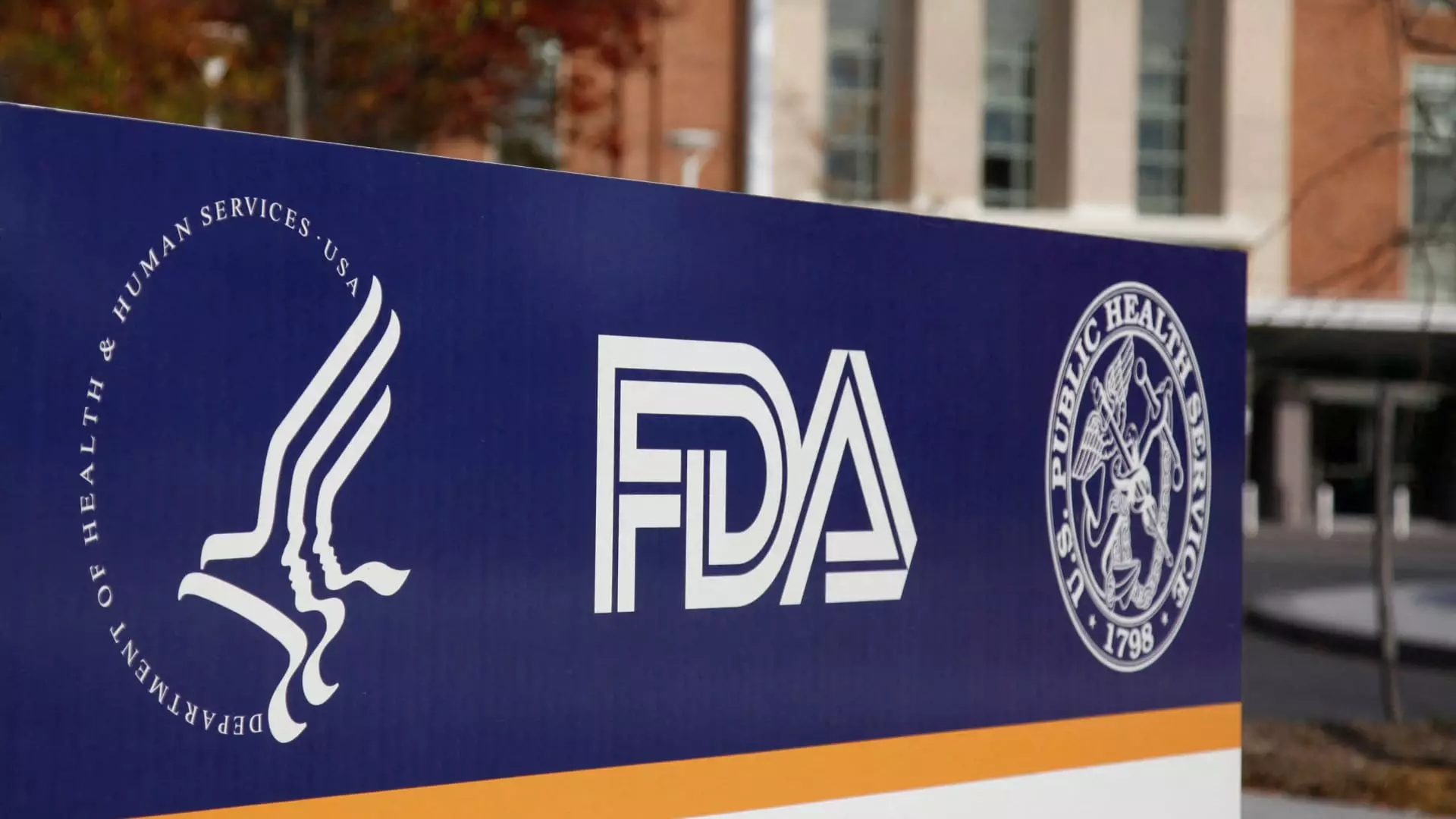The recent upheaval within the Food and Drug Administration (FDA) has raised glaring concerns regarding public health safety and the regulatory framework that supports it. The slashing of the Division of Learning and Organizational Development (DLOD), which served as a critical resource for both the FDA’s employees and external healthcare professionals, signifies a dangerous trend in prioritizing budget cuts over the essential training and development necessary for safeguarding public health. As part of Robert F. Kennedy Jr.’s sweeping agenda to restructure the Department of Health and Human Services (HHS), over 30 capable and knowledgeable professionals have been unceremoniously dismissed—a shocking move that could unsettle the entire landscape of healthcare education and training.
This issue is more than just a financial decision; it strikes at the heart of what the FDA represents in American public health. Entering a new era marked by budget-centric policies, it appears that crucial services and training will be sacrificed, leaving future decisions related to drug and device safety in the hands of those lacking the requisite empirical knowledge and operational training. The massive drive to “streamline operations” not only cripples institutional knowledge and expertise but also risks patient safety across the healthcare spectrum.
The Dangers of Disregarding Continuing Education
The repercussions of the DLOD’s closure extend far beyond the loss of jobs. Canceling all educational initiatives means that healthcare providers will now face a steep learning curve, attempting to navigate a complex and evolving medical landscape without the essential supports that keep them informed and competent. Continuing education activities are not merely bureaucratic requirements; they are lifelines for healthcare professionals striving to provide the safest and most effective care possible.
Training sessions covering vital topics, such as opioid safety, medical device utilization, and emerging infectious diseases, have historically been managed by well-trained personnel committed to public health protection. Eliminating these resources jeopardizes the healthcare system’s efficacy, leaving providers—and by extension, patients—vulnerable to outdated knowledge and practices. In an era marked by rapid advancements, such as artificial intelligence in regulatory decisions, the absence of informed guidance could foster an environment of confusion and inefficiency among caregivers.
Fiscal Responsibility or Irresponsibility?
It is tempting to hold Kennedy’s administration accountable for the outlandish claim that budget constraints necessitate such draconian cuts, especially considering that some programs were funded through user fees rather than taxpayer dollars. This raises the question of whether the rationale for these layoffs is genuinely focused on fiscal prudence or if it merely serves to further an ideological agenda that prioritizes cuts over meaningful public service. Although proponents argue for potential cost savings, the fallout from diminished public health oversight may lead to exponentially higher expenditures due to preventable errors and mishandled health crises.
Furthermore, statements suggesting that positions within the FDA related to drug and medical device inspection are safe offer no real comfort. The jobs lost in the DLOD were not “unnecessary”; they represented a foundational aspect of healthcare education that enhances the skill set of various health professionals. The decision to lay off knowledgeable employees only furthers the risk of mismanagement and neglect in crucial areas of public health.
The Central Resource Now Missing
The departure of the DLOD represents the loss of a centralized hub for knowledge and progression within the FDA, leaving countless employees and healthcare professionals scrambling for information on their own. The challenges of self-directed learning in such a convoluted field can hinder not only an individual’s growth but also the collective preparedness of the healthcare system. This isolated learning environment can breed misinformation and fractured understanding of essential public health practices—an outcome we should vehemently oppose.
Moreover, the implications go beyond the FDA. The fact that the Continuing Education and Consultation Accreditation Team, the sole group responsible for granting necessary credentials to both FDA staff and external healthcare practitioners, has been disbanded significantly undermines the regulatory framework that ensures competency in medical practices. Without merit-based professional development, safety protocols, and healthcare quality may fall into disarray.
This multifaceted crisis initiated by the mass layoffs under Kennedy’s oversight calls for immediate scrutiny and reconsideration. Neglecting the richness of institutional knowledge culminates not just in job losses but places the very fabric of health safety at risk. As advocates for public health, we must remain vigilant against these political maneuvers that hastily prioritize cost-cutting over competence and care.

